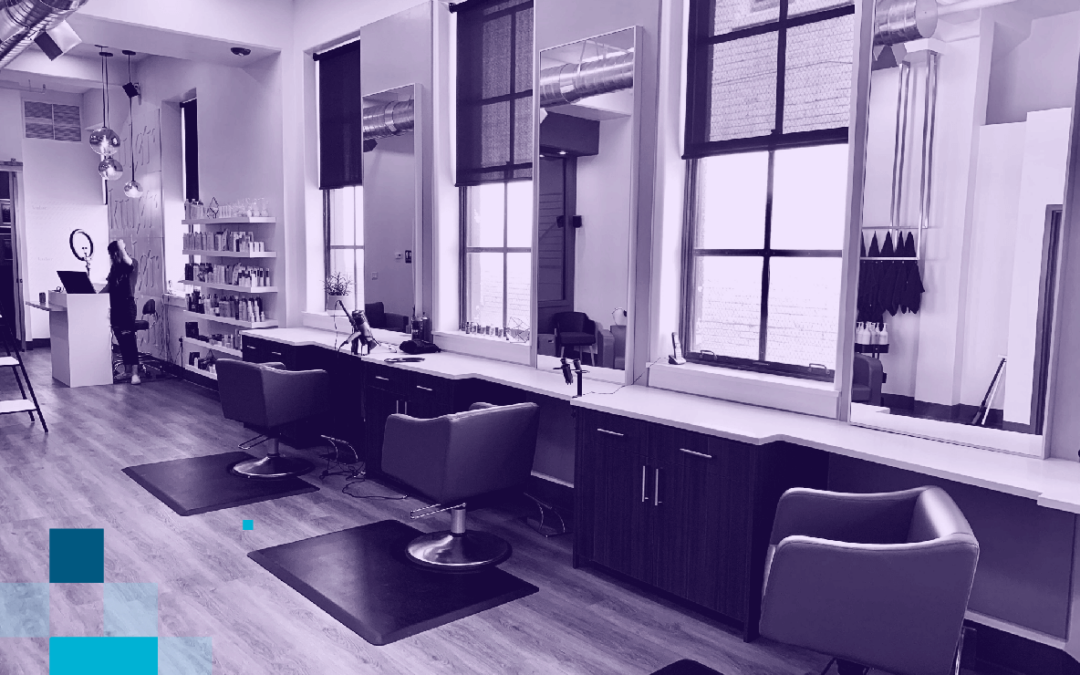For 15 years, a salon owner focused on the care and support of her 22 employees, but employer-sponsored health benefits were out of reach—leaving their employees at risk and without a valued benefit. A defined contribution health plan would have changed the game, she says.
Traditional Health Benefits Won’t Fit
“For many salons, employer-sponsored group health plans are just not affordable. And that was true for mine,” the owner said. “There wasn’t enough margin to support a traditional group health plan. I couldn’t run the risk of being exposed every year to skyrocketing premium increases, leaving the plan unsustainable for the business.”
The owner operated a business of primarily part-time staff—hard workers, skilled in listening and delivering salon services in a time-sensitive manner while building personal relationships.
It was important for the owner—as it is for so many employers—that the staff feel cared for in ways that matter to them. “In the salon industry, it is common to offer staff little to no employer-sponsored benefits,” she said. “It’s frustrating as a business owner being stuck in this position without some way to solve it. It left me feeling like I couldn’t care for my team or show my appreciation for how much they did.”
Over the years, this salon owner demonstrated care through many methods, but none of them helped meet the health care needs of staff or their families. “I’ve learned when people are underinsured or uninsured, they often experience medical debt,” she shared. “Some of the salon staff faced the pressures of medical debt causing stress and affecting their overall wellness.”
A Solution to Improve Employee Care
This salon’s experience isn’t unique. But nearly 65% of employers are unaware that there’s a different way to offer health benefits now—defined contribution health plans.
Individual coverage HRAs (ICHRAs) let employers set a defined amount of money per month that employees may use to purchase a health plan that best suits their unique health needs and budget. Companies are able to set the contribution based on what’s possible and can finally plan around a set budget for employer-sponsored health benefits.
For example, this salon could give their staff $200/month to assist in purchasing an individual policy. It works just like a traditional group health plan—it’s tax-advantaged and ACA-compliant.
Improving Care Improves Wellbeing
For the salon owner, opportunity and hindsight is 20/20.
“If an ICHRA had been available, I could’ve been making a substantial difference contributing to health benefits for our staff. And I could have the cost control I needed by adjusting the defined contribution amount annually based on our business priorities and needs. It was a win-win.”
Moreover, she shared that it would be a significant differentiator. “We could do something that stylists wouldn’t get with another employer,” she said. “Defined contribution plans are a promising solution, allowing employers to set a defined amount of money per month for each employee that they can then use to help purchase an individual health insurance plan that suits their needs and budget.”
Exploring the ICHRA Opportunity
If you’re interested in seeing what an ICHRA could look like for your business, request an estimate below. Explore what this could look like for your business and see a real estimate of costs to your business and employees.


